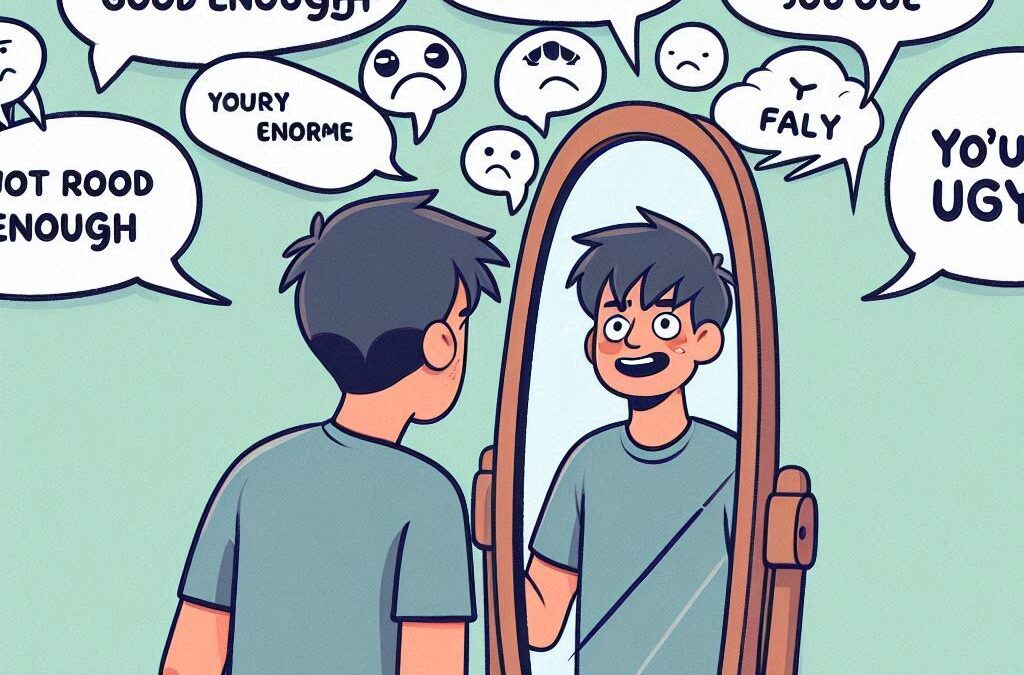In a Nutshell
Ever noticed how insults often reveal more about the person throwing them than their target? Research in psychology suggests that insults stem from insecurities and reflect the critic’s own fears, frustrations, or unresolved issues. These verbal jabs highlight what the insulter fixates on—be it appearance, success, or behavior—acting as a mirror into their priorities and mindset. In essence, insults speak volumes about the insulter’s inner world while saying little about the person they aim to hurt.
1. A Window Into Insecurities
When people lash out with insults, they often project their own inner struggles. For instance, someone critical of another’s appearance may secretly struggle with body image issues. It’s a psychological defense mechanism: by focusing on others, they deflect attention from their own insecurities.
Example: Imagine someone constantly mocking others for financial struggles. This could stem from their fear of losing their own financial stability or past experiences of scarcity.
2. Insults Show Priorities and Focus
The type of insults a person hurls indicates what they deem important. A person obsessed with social status might mock someone for not keeping up with trends, while someone who values intellect might condescend based on educational background. These actions expose what the insulter prioritizes in their life—often more than they intend to reveal.
Pro Tip: Pay attention to what someone critiques—it’s usually a strong indicator of their own fears or values.
3. The Impact of Actions vs. Words
Beyond words, behavior speaks louder. A pattern of frequent insults can signal deeper issues like low self-esteem or the need for validation. By putting others down, some people try to elevate their own self-worth or feel more in control.
Psychological Insight: Studies have shown that people with unresolved anger or personal dissatisfaction are more likely to resort to belittling behavior. Their insults are less about the recipient and more about releasing pent-up frustration.
How to Handle Insults with Awareness
- Don’t Take It Personally: Recognize that an insult says more about the insulter than you.
- Respond with Empathy: Instead of lashing back, acknowledge their possible struggles without excusing the behavior.
- Set Boundaries: If the insults persist, calmly but firmly assert your boundaries.
- Shift Your Focus: Remember, their words don’t define you—your own values and actions do.
In Perspective
Insults may sting, but understanding their roots can offer clarity and even compassion. They’re often an outward expression of inner battles, shedding light on what people fear or value most. So next time someone throws shade, let it reflect back on them—not on you.
Sources:
- “Projection in Psychology: What Insults Say About You.” Psychology Today, 2021.
- “The Roots of Verbal Aggression.” Journal of Behavioral Science, 2019.

